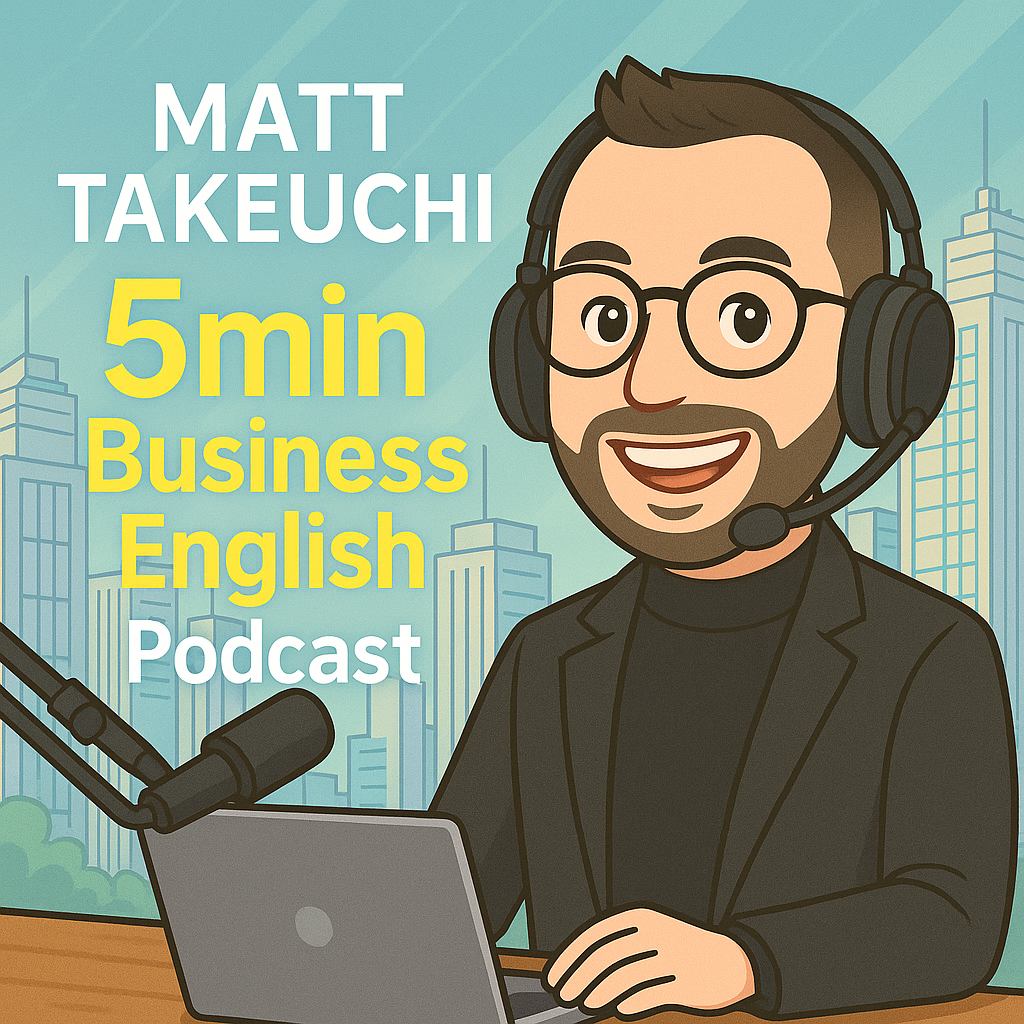Life of a business traveler 出張者の生活
今回の記事は「出張者の生活」という内容です。さていったいどのような内容なのでしょうか。
今回のポッドキャストです。お聴き下さい。
本日のSentence
The psychological effects are significant as well, with frequent fliers experiencing disorientation and stress.
心理的影響も重要である。頻繁に飛行機を利用する人は方向感覚の喪失やストレスを感じるからだ。
hypermobility=
significant=【形】重要な、意義深い、大きな影響を与える
quicken=【自動】早くなる、速くなる、【他動】速める
本日の記事は出張者や頻繁に旅行をされる方々にとって重要な内容でしたので、Business English Proから以下の内容の記事を掲載することにします。お時間があれば是非お読み下さい。
Business travel looks alluring at first glance. Jet-setting is a symbol of success, being connected, and having attained high social status. But such frequent travel is accompanied by frequently overlooked downsides. Researchers at the University of Surrey in Britain, and Linnaeus University in Sweden, have synthesized previous research to shed light on both the glamorization and detrimental effects of hypermobility.
The study finds three types of consequences: physiological, psychological and emotional, and social. The physiological ones are the most obvious. Jet lag is the affliction travelers know best, although they may not anticipate some of its potential effects, like speeding ageing or increasing the risk of heart attack and stroke. Travelling to different time zones on the other side of the planet can lead to a few days lost to jetlag. Those who fly far and frequently are also exposed to high amounts of radiation, with research showing that commercial air crew's having more exposure than nuclear power workers.
Frequent business travelers also have fewer opportunities to exercise and tend to exhibit worse eating habits while in transit than at home. After examining 13,000 medical records in a corporate wellness plan, Columbia University researchers last year tied excessive business travel to poor health and suggested corporations may want to consider the availability of fitness facilities in hotel property selection, offer reimbursement incentives for healthy eating and incorporate employee stress management programs. The study also found that travel stress was higher for women, older employees, more frequent travelers and senior executives.
The psychological and emotional toll of business travel is more abstract, but just as real. Frequent flyers experience travel disorientation from changing places and time zones so often. They also suffer mounting stress, given that “time spent travelling will rarely be offset through a reduced workload, and that there may be anxieties associated with work continuing to accumulate whilst away”. Due to the absence from family and friends, “hypermobility is frequently an isolating and lonely experience,” the authors write. The accumulated impact can be substantial. One study of 10,000 World Bank employees found that the business travelers among them were three times as likely to file psychological insurance claims.
The social impact of constant travel could result in strained relationships due to couple spending time apart. Marriages suffer from the time apart, as does children’s behavior. What is more, relationships tend to become more unequal, as the partner who stays at home is forced to take on more domestic duties. There’s a gender disparity here, since most business travelers are men. A 2011 survey of Asian business travelers by Accor, a hotel firm, found that 74% were men. Seemingly the last comprehensive research into American business travelers in 2002 found that 77% were male. Friendships also fray, as business travelers often “sacrifice local collective activities and instead prioritize their immediate families when returning from trips”. Time at home between trips is often spent recuperating from fatigue and otherwise with immediate family, leading friendships and other social networks to weaken.
Of course, these impacts are mitigated by the fact that they fall disproportionately on a segment of the population that is already doing rather well. The mobile elite” tend to have higher incomes and access to better health care than the population at large. According to the study, in Sweden, 3% of the population accounts for a quarter of international travel; in France, 5% covers half of the population’s total distance travelled.So these may be problems of the 1% (or the 3%, or the 5%). But they’re real enough regardless. Since frequent travel is becoming more common, the negative effects could begin to impact a broader population. In addition, work and further research in this direction could alter the current situation.
ボキャブラリー
| physiological | adj | 生理学的な。体や臓器が通常どおり健康に動いていること |
|---|---|---|
| exposure | noun | 露出。害のあるものから、保護がない状態 |
| disorientation | noun | 方向感覚の喪失。時間、場所、識別に関して混乱している状態 |
| strained | adj | 緊張。難しいまたは不器用な |
| spouse | noun | 配偶者。夫または妻。夫婦の一方から見た他方 |
日本語訳
多くの人は、頻繁に旅行に行けることを楽しいことだと考えているが、調査によって過剰に移動することの悪い影響が明らかになった。イギリスとスウェーデンの研究者たちは、頻繁に移動する影響を3つの種類に分類した。生理学的な影響、心理的および感情的な影響、そして社会的な影響である。
時差ぼけは最も明らかな生理学的な影響だと考えられている。また心臓発作のリスクを増やし、老化を早める。さらに放射線照射の許容量を超えてしまうリスクがある。最後に、出張者は運動不足になり、健康に良い食事を取ることが少なくなる。
心理的影響も重要である。頻繁に飛行機を利用する人は方向感覚の喪失やストレスを感じるからだ。また継続的に出張すると、緊迫した関係になる可能性がある。出張者は配偶者と長期間離れて生活することになる。
ポッドキャストの続きは  で!
で!
月額1,000円〜 スマホで手軽に始めるビジネス英語学習
「マット竹内の1日5分ビジネス英語」ポッドキャストの英文記事スクリプトは、WISDOM SQUARE で提供のサービス 1日10分ビジネス英語 で配信されています。
1日10分ビジネス英語なら、ポッドキャストの英文記事スクリプトに加えて、内容理解クイズ、クイズランキングなどのコンテンツも充実しているので、ポッドキャストの内容の理解がさらに深まると同時に楽しく英語学習を進めていただくことができます。ポッドキャストから1歩進んだ英語学習をしたい方におすすめです。
1日10分ビジネス英語はスマートフォンでご利用いただけます。初回1ヶ月は無料でお試しが可能です!※1
是非この機会に1日10分ビジネス英語 をお試し下さい。
今すぐ無料お試しを申し込む※1 初めてご利用の方、1回限りとなります。

